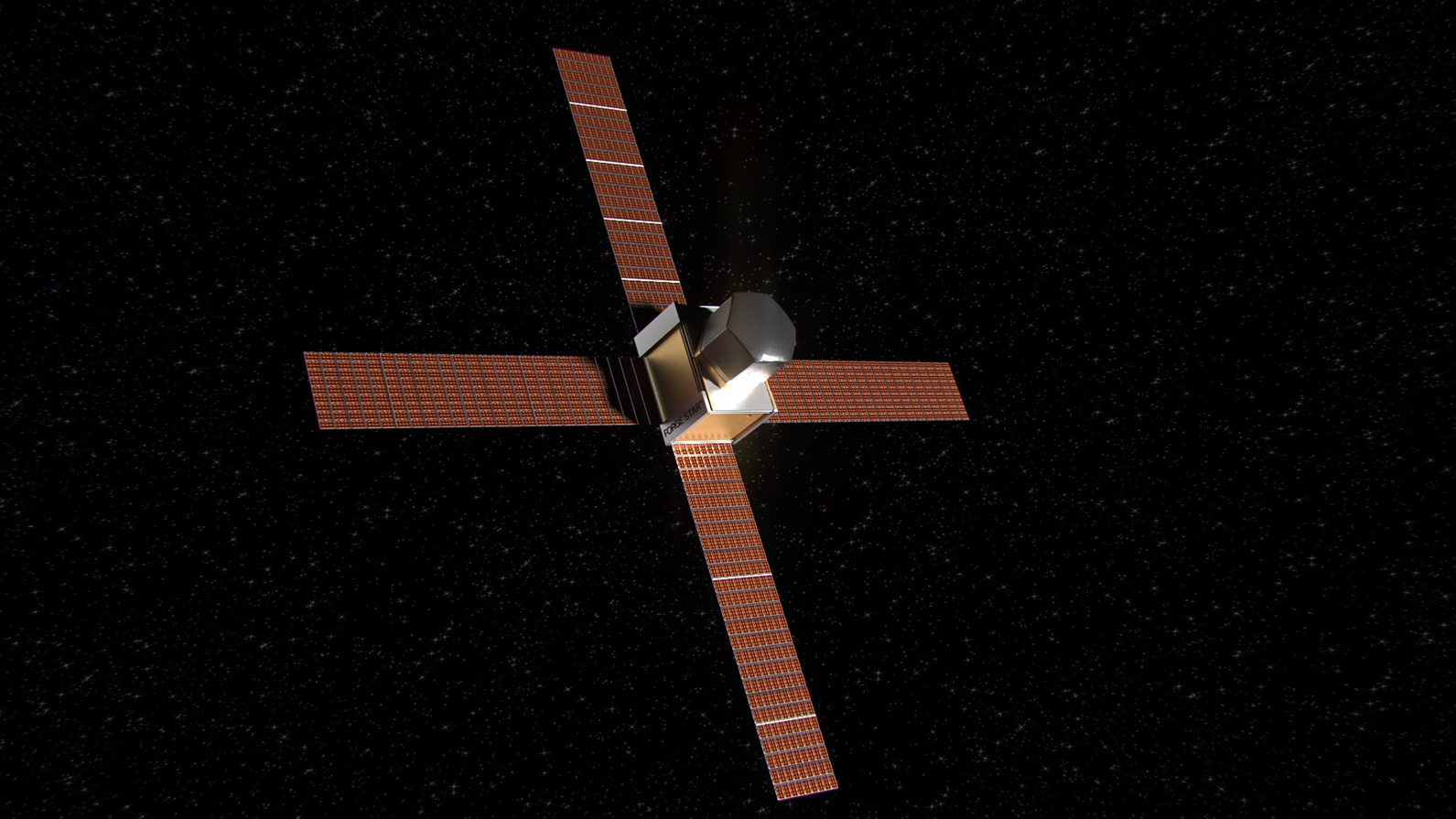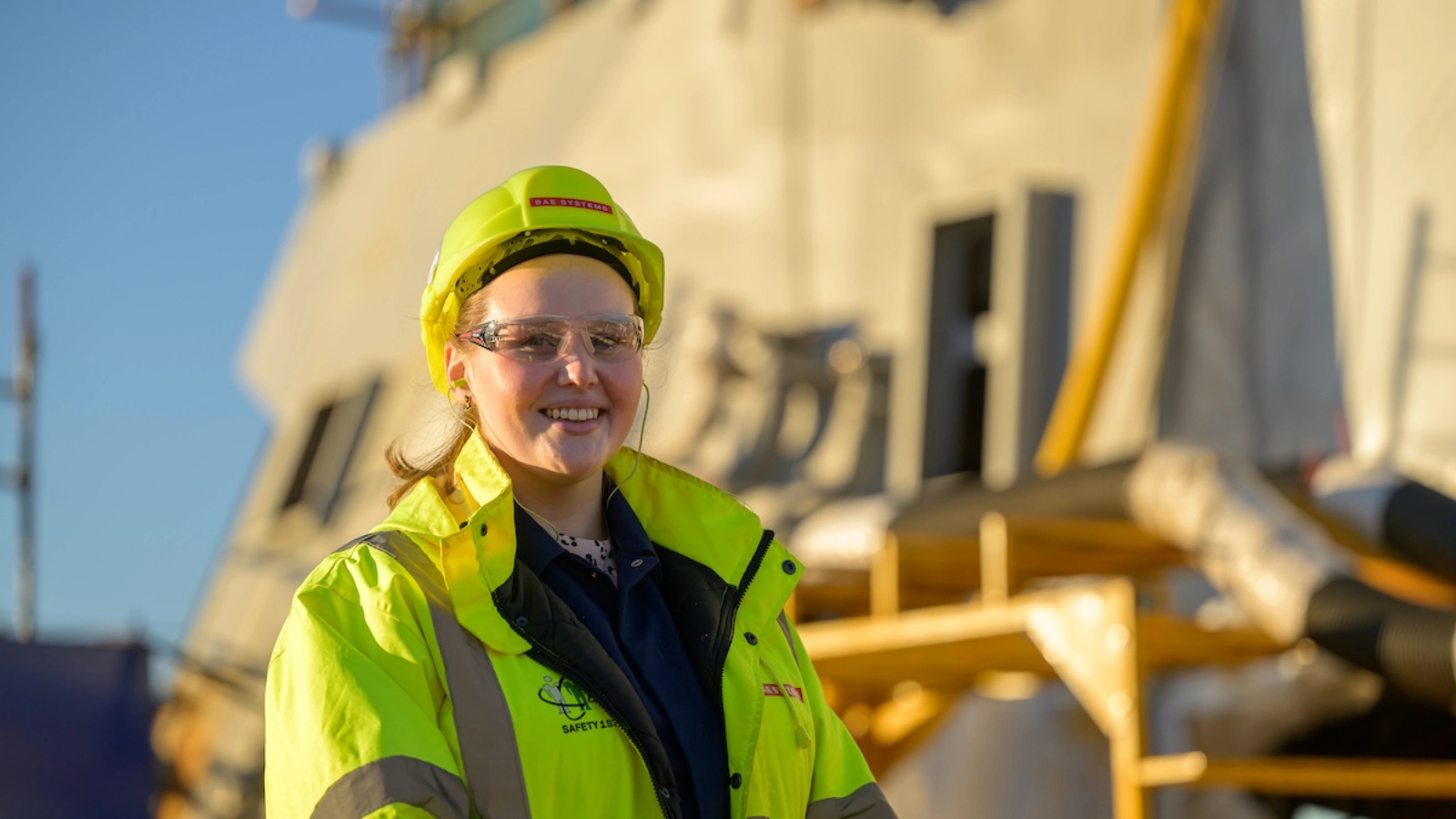SpaceChain sends world's fastest EVM blockchain into orbit

Image courtesy SpaceChain
The payload was installed onto a satellite designed and manufactured by Spire Global, Inc., which also managed the launch mission. The mission marks SpaceChain's sixth blockchain payload launch into space and the successful integration of Velas, the world's fastest Ethereum Virtual Machine (EVM) blockchain and open-source platform for decentralised applications, with its payload.
Velas is a next-generation self-learning blockchain ecosystem project that implements an AI-powered Delegated Proof-of-Stake (AIDPOS) consensus mechanism for improved scalability, high security and interoperability. Its suite of centralized and decentralized solutions includes researching state-of-the-art cryptography, developing consensus protocols, and designing intuitive user interfaces for Web 3.0.
Velas will leverage the enhanced security and immutability of space-grade infrastructure designed and deployed by SpaceChain for advancing its decentralised projects and applications. Once tested and activated, the space node will enable Velas to further the development and deployment of its blockchain platform, which aims to be one of the most secure and fastest platforms in the industry.
"Blockchain platforms and next-generation fintech applications require a decentralized infrastructure in order to fulfil their fullest potential. We are thrilled to be working in partnership with Spire to help propel Velas into space and uncover new opportunities in the New Space Economy," said Zee Zheng, SpaceChain co-founder and CEO. "Today's milestone is testament to the increasing adoption of space-as-a-service as a platform for innovation among modern businesses and those looking to be at the forefront of what the commercial space age has to offer."
The space node created for Velas will also enable highly secure on-orbit services for Ethereum transactions sent and received from the ground, and the minting of an ERC-721 standard non-fungible token (NFT).
"The new epoch in the development of blockchain technology is right upon us, with the space economy opening up new horizons for both the technology and its users," said Farkhad Shagulyamov, co-founder and CEO of Velas. "Velas is one of the first blockchain networks to engage into this space race and aims to put its payload on the International Space Station (ISS) ultimately. Having a node on the ISS is a challenging task as NASA goes through a rigorous evaluation and approval process. We are confident that both Velas and SpaceChain possess the required technical expertise and resources to achieve this vision."
Today's mission was made possible by the integration of industry-leading technologies and capabilities through the partnership between SpaceChain and Spire Global, which was first announced in September 2021. Spire is utilizing its space-based AI-embedded supercomputing module 'SABERTOOTH' to complement SpaceChain's decentralised satellite network (DSI) to help Velas sharpen its competitive edge and overcome land-based centralised infrastructure challenges.
"SpaceChain's unparalleled expertise in deploying space-grade infrastructure for the blockchain industry helps skyrocket our business to new frontiers," said Dragos Dumitrascu, head of global partnerships at Velas. "Similarly, SpaceChain will stand to benefit immensely from one of the fastest blockchain technologies ever developed in advancing its decentralised architecture and community-based space platform."
Based in Harwell, Oxfordshire, SpaceChain UK leverages Britain's position in technology development and taps on resources from renowned universities, such as Cambridge, Oxford, University College London, London School of Economics and Imperial College London.
SpaceChain UK contributes important expertise in space technology research and development, which are vital to SpaceChain’s missions and launches.














